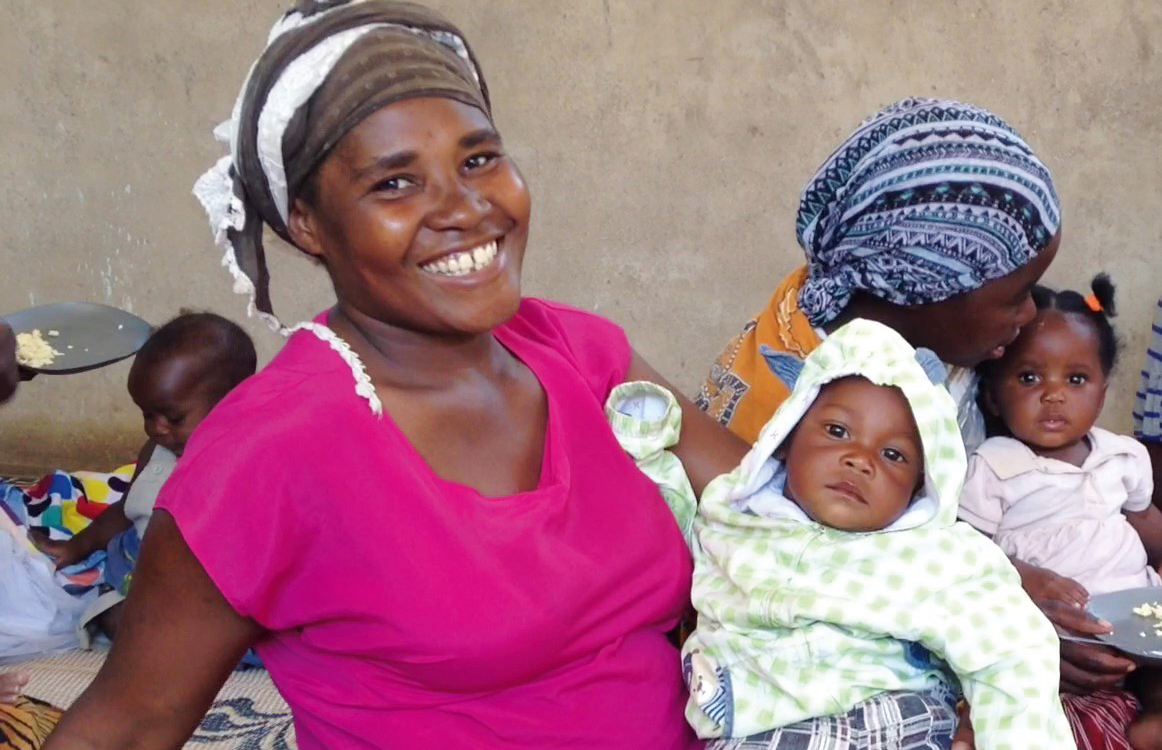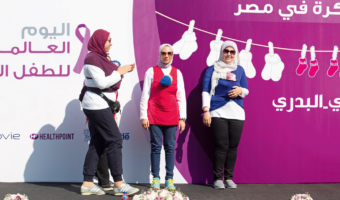Ani’s mother tells her a story each night before she goes to sleep. Her older sister sings songs and plays clapping games with her. She and her older brother play with a ball together, throwing and kicking it back and forth. Ani’s father makes her a toy car out of wire and they play together. These simple activities change the shape of Ani’s brain.
Researchers have been studying how an enriched environment changes the structure of animal brains for more than 70 years. In these experiments, some newborn rodents are placed in a large enclosure that contains colourful objects that they can smell, climb onto, push around and play with. They are raised together so they can interact with each other. Other newborn rodents are placed alone in empty cages. When their brains are compared, the rodents raised in the enriched environments have 10% higher overall brain weight, 20% higher dendritic branching, and 20% higher synapses per neuron (Kolb and Whishaw, 1998). Higher dendritic branching and synaptic density means that more connections between brain cells have been formed and can be formed.
How do these changes in the brain relate to changes in children’s abilities and behaviour? In human populations, structural characteristics such as brain weight and synaptic density are difficult to measure; however, we can measure children’s cognitive, language, motor, and social-emotional skills. In a recent systematic review and meta-analysis, we found 75 early intervention programmes that enrolled pregnant women or children up to 5 years old, used a randomised controlled design, and reported children’s height-for-age z-scores and developmental outcomes after the intervention (Prado et al., 2019a).
Fourteen of these were caregiving programmes that encouraged parents to provide responsive care and learning opportunities to their children through activities such as talking to them, playing with them, telling them stories, singing them songs, and making them toys. These programmes were conducted through parenting group sessions or individual home visits, typically for a duration of 6–12 months. At the end of the programmes, compared to children in the control groups, children who received the interventions scored 0.48 standard deviations higher on cognitive scores, equivalent to 7 IQ points; 0.42 standard deviations higher on language scores, equivalent to 6 IQ points; and 0.38 standard deviations higher on motor scores, equivalent to 5.5 IQ points.
Five of the 14 studies measured the children’s development again between one and two years after the programme ended, and three of them found sustained positive effects on cognitive, language, or social-emotional development.
These findings demonstrate that simple activities caregivers can do with their children have a profound impact on shaping children’s brains. Community workers can support and promote these activities through behaviour change communication in individual and group settings.
Unicef and the World Health Organization (WHO) have published several resources to support early childhood development interventions, including the Early Childhood Resource Pack for programme planners and managers, Caring for the Child’s Healthy Growth and Development (WHO, 2015) for community health workers, and Care for Child Development (Unicef, 2012) for workers in health facilities. The Reach up and Learn curriculum has also been made freely available and is an excellent curriculum with a proven evidence base for effectiveness. Investing in these types of programmes will support the development of human capital among populations where children are at risk of not fulfilling their developmental potential.
Tackling stunting is not enough
In many countries, programmes for pregnant women and children under 5 focus on nutrition and prevention of stunted growth, rather than promoting responsive care and learning opportunities. The hope is that improved growth will coincide with better health and improved neurodevelopment. To test this idea, we also calculated the effects of nutrition programmes on children’s growth and development in our systematic review.
‘In many countries, programmes for pregnant women and children under 5 focus on nutrition and prevention of stunted growth, rather than promoting responsive care and learning opportunities.’
Of the 75 studies reviewed, 51 programmes provided nutritional supplements to pregnant women and/or children from birth to 5 years old. The effects of these nutrition programmes on child development were five times smaller than the effects of the caregiving programmes described above, with children who received nutritional supplements scoring 0.05 to 0.08 standard deviations higher on cognitive, language, motor, and social-emotional development compared to control groups, equivalent to about 1 IQ point.
Despite the limited gains in cognitive ability from nutrition interventions, we know that adequate nutrition is part of the essential needs of the developing brain. When rodents are fed inadequate diets, their developing brains are affected in some similar ways to the effects of a deprived environment described earlier. For example, iron deficiency results in reduced brain size, iodine deficiency in reduced synaptic density, and vitamin B6 deficiency in reduced dendritic branching (Prado and Dewey, 2014).
However, the findings of our review demonstrate that investment in nutrition alone will not be sufficient to nurture thriving individuals and communities. We can expect only small gains in child development from nutrition programming alone.
Focusing solely on reducing the prevalence of stunted growth will also be insufficient to support thriving populations. Stunted growth, defined as height for age more than two standard deviations below the mean of the WHO’s norms, is consistently associated with poor child development. Thus, stunted growth is often used as a proxy for stunted development.
Across all of the 75 programmes that we reviewed, effects on height-for-age z-scores were not associated with effects on cognitive, language, or motor scores. This means that when programmes had positive effects on growth, they did not necessarily have corresponding positive effects on child development, and vice versa. This contradicts the assumption that improvements in growth will correspond to improvements in neurodevelopment.
Stunted growth is a marker of an environment that constrains growth and development through partly overlapping mechanisms (Prado et al., 2019b). Faltering in linear growth and in neurodevelopment share some causes, but also have some distinct causes. We need to implement programmes that address risk factors for poor neurodevelopment in the population, and not assume that improved growth alone will appreciably improve child development.
We also need to build on the resources cited above to create an evidence-based comprehensive intervention package that addresses the causes of faltering in neurobehavioural development. Critically, we need to determine what intervention packages and implementation platforms can be delivered at scale to most cost-effectively improve child development, thereby leading to not only taller, but more thriving populations.
References are available in the PDF version of this article.



